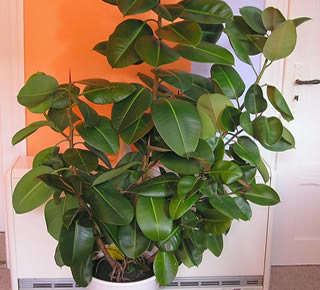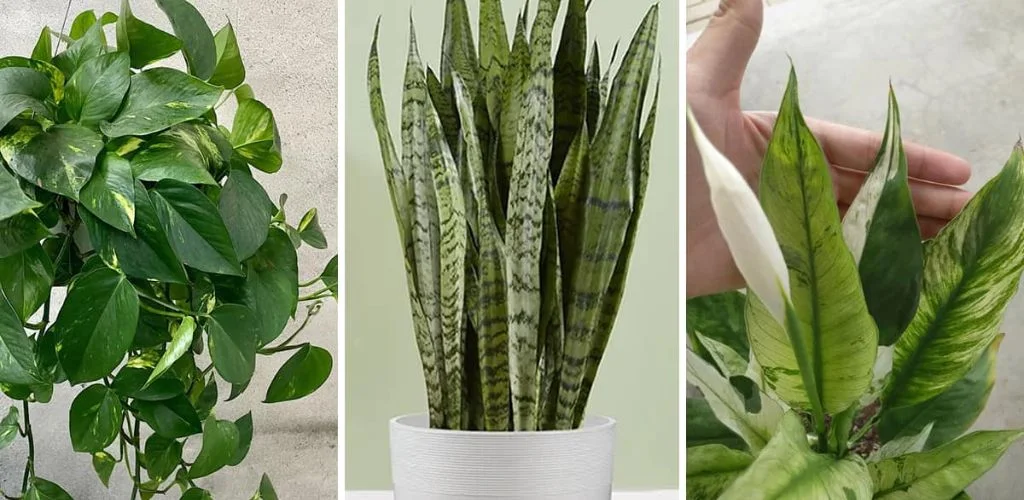No matter the frequency of your cleaning regimen, dust remains an ongoing challenge, particularly for those prone to allergies or asthma. However, if conventional cleaning methods prove inadequate in dust control, the inclusion of specific plant varieties might come as a revelation. Certain plants possess remarkable capabilities in filtering contaminants like dust from the air, offering a natural solution that also adds to indoor aesthetics.
Here are some plants that can help purify the air and are simple to care for:
- Bamboo Palm (Chamaedorea seifrizzi): Originates from Asia, boasting a potential height of up to 3 meters. Thriving in fertile soil and humid conditions, it serves as a natural purifier, adept at removing pollutants such as xylene, formaldehyde, and ammonia while combating dust effectively.
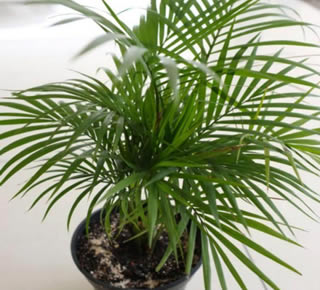
- Dracaena Trifasciata: Renowned for its tropical aesthetic and resilience, excels at purifying the air by effectively removing benzene, xylene, toluene, and formaldehyde.
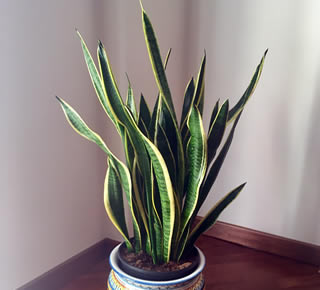
- Peace Lily (Spathiphyllum): A popular indoor choice, it aids in purifying indoor air by targeting formaldehyde, xylene, toluene, carbon monoxide, and dust. It’s straightforward to cultivate, propagate, and it’s safe for pets, making it an ideal addition to any home. For optimal growth, position it in an area with indirect sunlight.
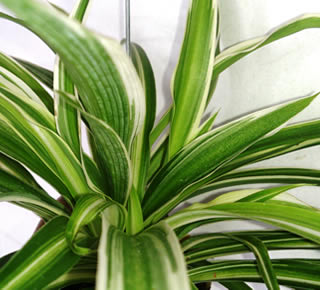
- Pothos: Readily available and low-maintenance, thrives with minimal attention. Watering is necessary only when the soil is dry. Notably, it efficiently absorbs formaldehyde, xylene, and benzene, contributing to improved air quality.
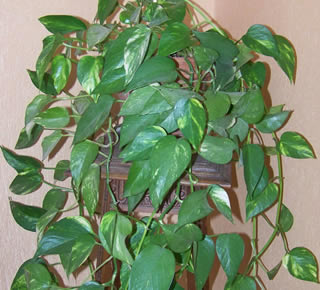
- Rubber Fig (Ficus elastica): is a resilient plant requiring minimal maintenance, but caution should be taken as it is toxic to pets. Beyond its air-purifying qualities, it also aids in maintaining humidity levels, making it a valuable addition to indoor spaces.
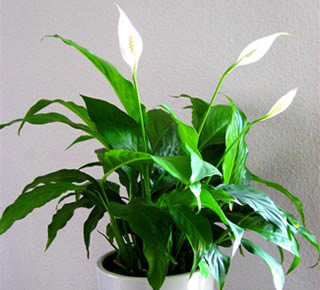
- Chrysanthemum: Despite cultural connotations in Italy, the chrysanthemum plant stands out as one of the most efficient indoor air purifiers. Capable of removing dust, benzene, toluene, and xylene, it demands placement in a well-lit area away from direct sunlight, along with regular watering. Caution should be exercised around pets, as it is toxic to them.
